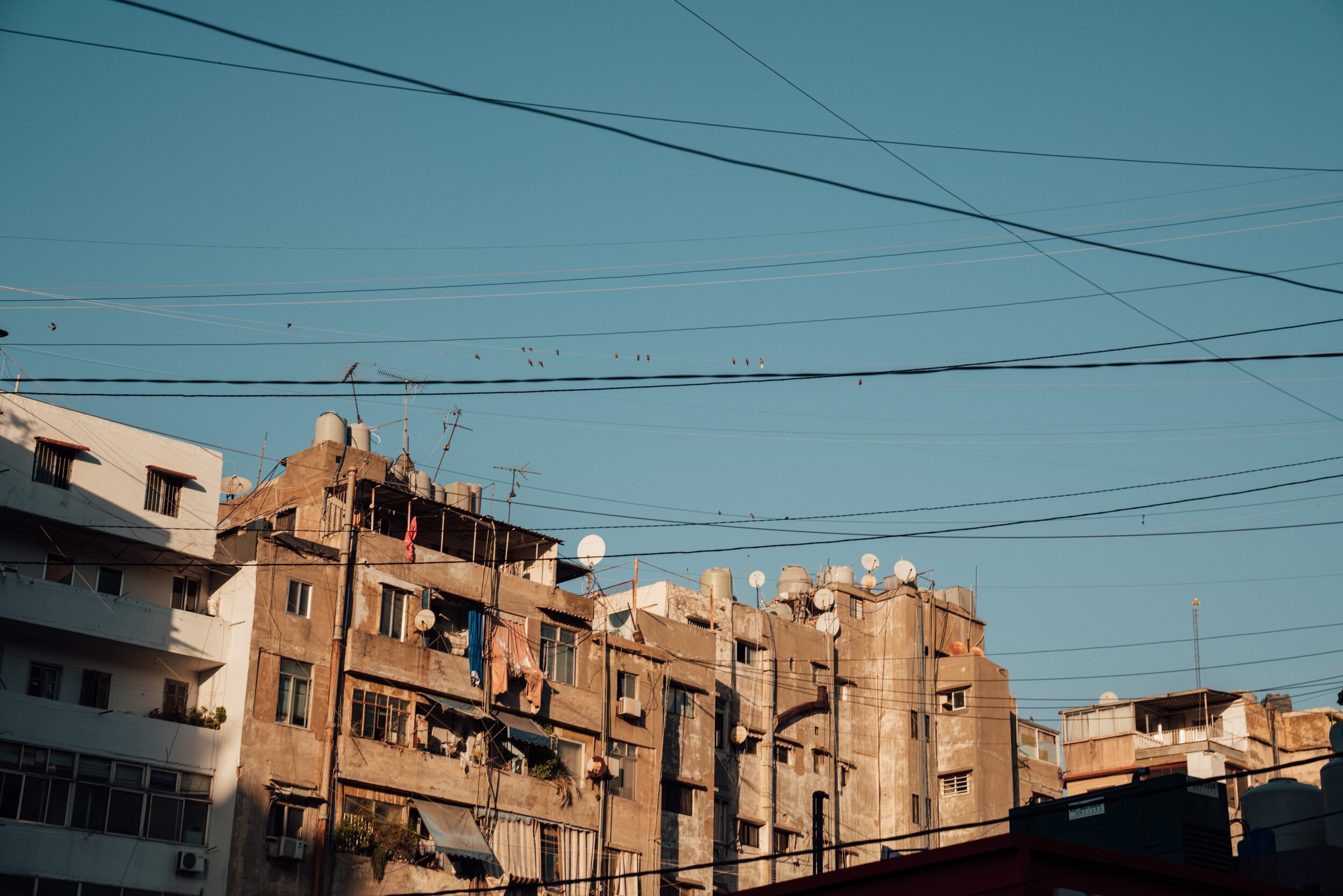After the Blast
Photo by Etienne Boulanger on Unsplash
Photo par Etienne Boulanger sur Unsplash
MJ Daoud
(FR) Comment vivre après avoir survécu à l’explosion du 4 août 2020, qui a détruit la moitié de la ville de Beyrouth, tué plus de 200 personnes, et blessé plus de 6 500 ? Comment faire le deuil, accepter ses émotions, et gérer la culpabilité du survivant, surtout lorsqu’on n’a pas été blessé soi-même ? Les habitants de Beyrouth, lorsqu’ils se saluent aujourd’hui, expriment d’abord leur gratitude d’avoir survécu à l’explosion la plus forte du XXIe siècle. Mais en dessous de la gratitude, des émotions plus compliquées à gérer, comme le deuil, la rage, la tristesse, l’impuissance, le désespoir et la culpabilité, se mélangent et se font entendre, d’une façon ou d’une autre.
It’s been over two months since the day of the Beirut Blast when half of my city got destroyed, 203 people lost their lives, 6,000+ people got injured, and 300,000 people lost their homes.
And I still feel as though I’m not qualified to write about my own experience with the blast.
After all, I got lucky. Others had it way worse than me. Others had their windows blown away during the blast. Mine were open at the time of the blast, so they stayed put.
Others had friends who died.
Others could help clean up the mess. I could not. I had fractured my big toe two days before the blast and I could not walk. I could not clean. I could not carry anything. The only thing I could do was play with my nephew and nieces (bless them).
And I felt so guilty. For having survived. For my home not getting damaged. I almost felt relieved that my workplace had retained some damage because at least I could say that the blast affected me in some physical way. How fucked up is that?
As if the shock and terror that I felt, and the emotional distress I experienced while trying to reach my family and loved ones to make sure they were safe, mean nothing.
As if the nightmares I experienced, the insomnia and migraines I suffered from, and the emotional shutdown I went through, and still go through, mean nothing.
As if my body shivering every time I hear shattered glass being swiped away means nothing.
As if my heart ripping every time I see the sadness in my friend's eyes means nothing.
As if my sadness at seeing most of my friends leave, at seeing my parents and relatives struggle to make sense of and recover from what happened, means nothing.
My nightmares these days are filled with “what ifs.” What if my mum and my nephews were still in the living room, where they were playing just 10 minutes before, when the window exploded? What if my niece was still in her room when the window exploded? What if the piece of glass that lacerated my mother’s chair in the dining room had cut my mum or dad instead? I can’t get rid of the image of this lacerated chair. I see it whenever I close my eyes and I wonder, what if?
The irony is that in August, every time people saw me limping in the street with my broken toe, they said, “Hamdella 3al salameh,” which loosely translates to “We’re glad you’re okay.” They assumed that I got injured in the blast, which made me feel even guiltier.
Every time people ask me about the blast, I say that I got lucky. I didn’t get injured, and neither did my closest loved ones. We only had some broken windows and doors to fix.
“Killo biyetzabbat, aham chi inno ma sarlkon chi,” which translates to “We can fix everything, the most important is that you are safe” is what I say, or people say to me.
But, you know what? No. Not everything can be fixed.
And no: I didn’t get lucky.
How am I lucky to have lived through one of the worst explosions recorded since WWII?
How am I lucky to struggle with trauma, anxiety, depression and anger?
How am I lucky to live in a country where politicians didn’t even have the decency to declare a day of mourning for the victims of the blast?
How am I lucky to witness the collapse of a whole country because people are too busy to have a modicum of human decency?
For the longest time after the blast, I experienced writer’s block. I read the stories of survivors, I read all the testimonies of people who lost friends, relatives, houses. I sat down with people who got injured or lost parents in the blast.
And I felt that my story was not fit to be shared.
But, maybe it’s time for stories like mine to get out, and for people like me to allow themselves to feel all of the pain, rage, hopelessness, fear, and anger they are entitled to feel.
Because we were there, too — all the ones who survived, uninjured and unscathed. And we’re not okay. And we won’t be for a long time.
(FR) MJ Daoud est une journaliste basée à Beyrouth. Elle a co-fondéLabneh&Facts, une plateforme média dont l’objectif est d’inspirer la jeunesse libanaise à changer leur pays, au-delà des clivages confessionnels, économiques, politiques et sociaux. Elle couvre surtout des sujets liés à l’entrepreneuriat social, la culture et la santé mentale.
(EN) MJ Daoud is a Beirut-based multimedia journalist. She co-founded Labneh&Facts, a media and communication platform whose objective is to inspire Lebanese youth to work towards a better Lebanon, beyond their economic, social, religious and political backgrounds. She covers mainly social entrepreneurship, culture and mental health.


